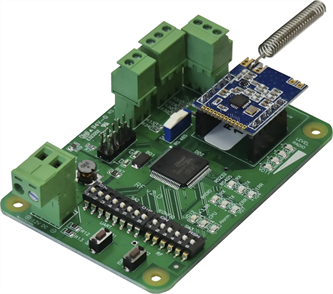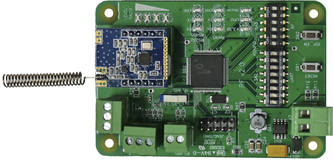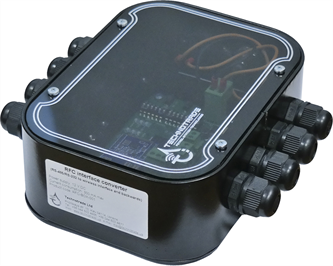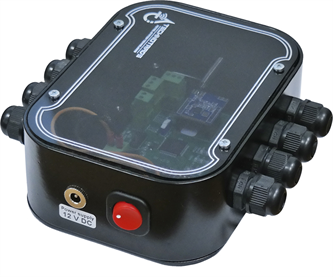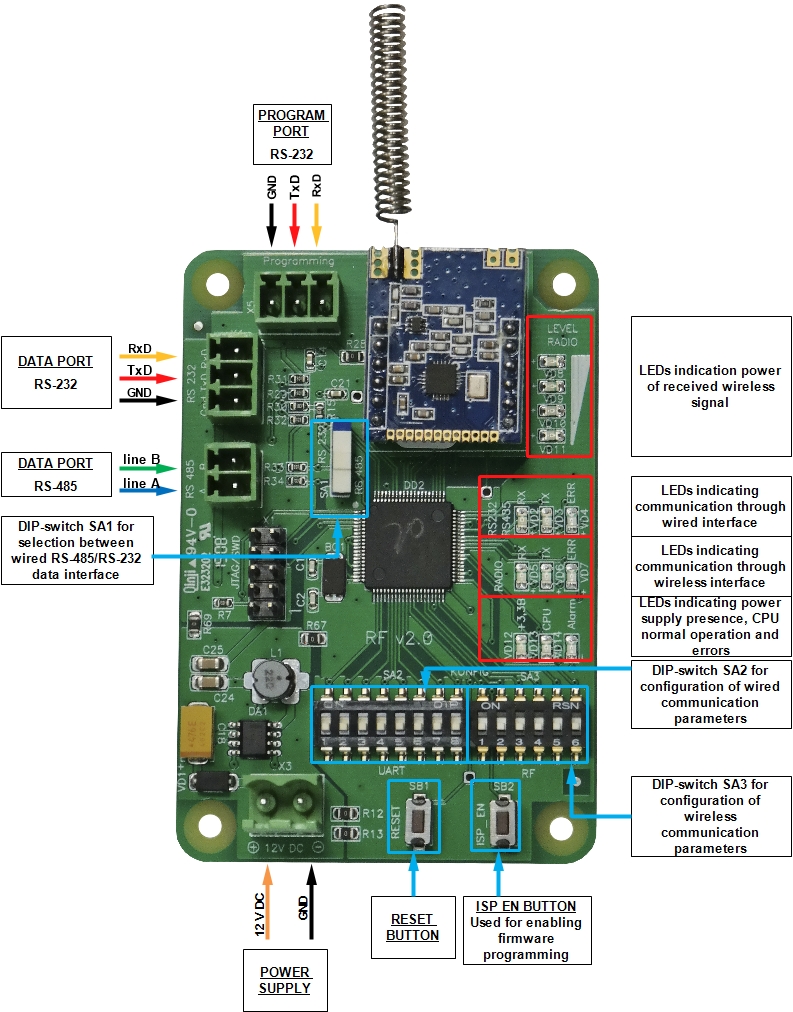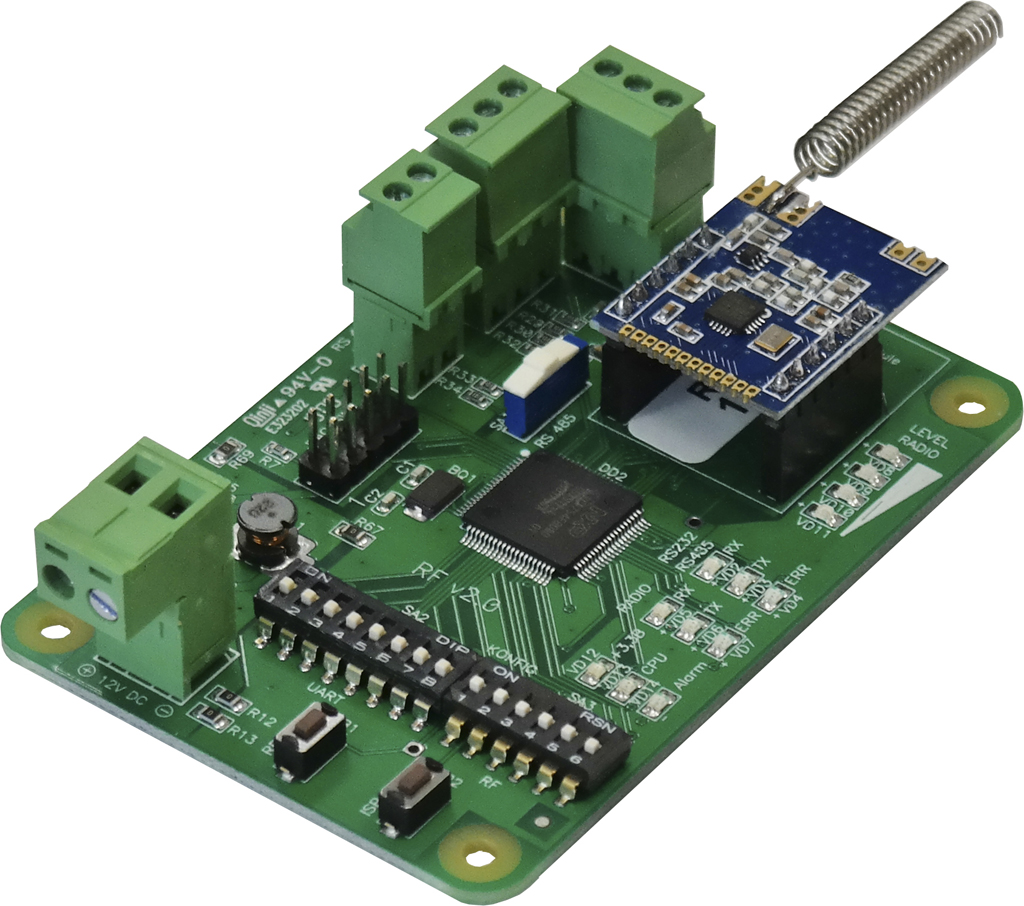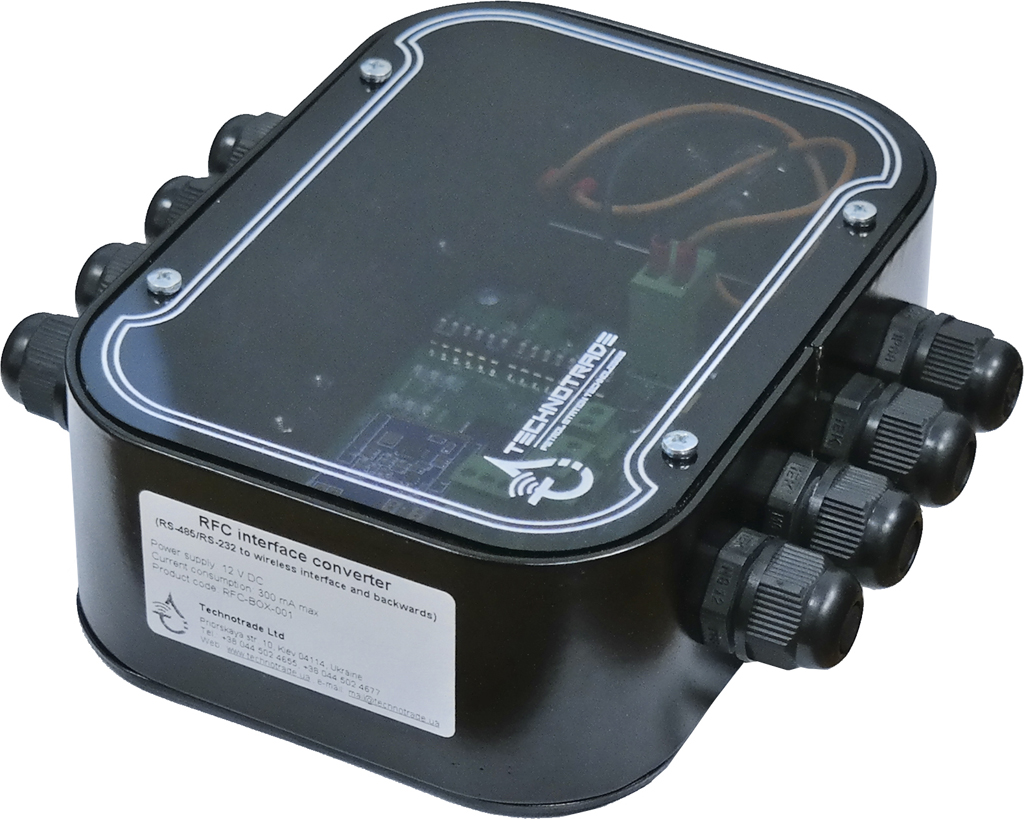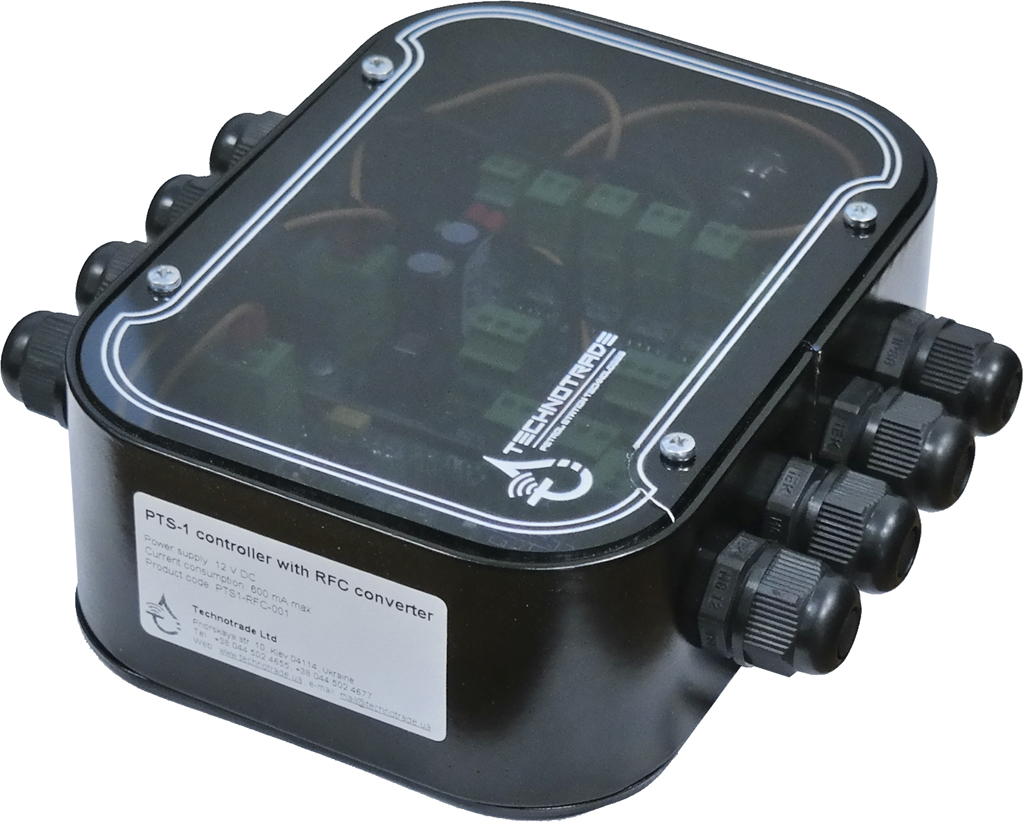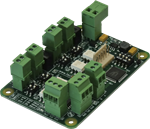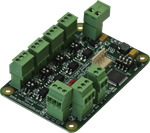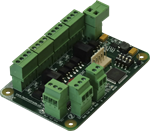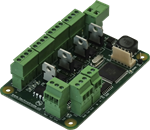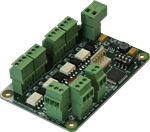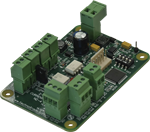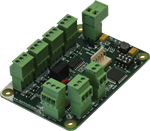Wireless interface converter RFC
Wireless interface converter RFC for petrol stations is appointed for establishing of wireless communication between devices having interfaces RS-232 and RS-485. RFC converter does not bring any changes to exchanged data between devices. Thus, RFC interface converter is a complete analogue to wired cabling connection with the only exception of 35 ms delay at start of data transmission. Data is encrypted during transmission using keys (changing at each data packet transfer), which set the final user can program in the RFC converters at configuration.
Purpose #
Various wired interfaces are often applied for communication exchange between electronic devices at petrol station: RS-232, RS-485, RS-422, current loop, others. These interfaces have many benefits, but all of them have a common disadvantage – they are wired, so require putting of cabling for connection. As a rule wires are put in underground pipes, which requires excavation (removing the top layer of asphalt or other cover, digging of trenches, laying of cables, etc.).
Wireless communication is an alternative to wired connection, it simplifies the whole process and eliminates a necessity of placing cabling – electronic devices are able to communicate, but communication is done over-the-air instead of wired cabling. RFC converter serves for establishing of wireless communication between the devices and have advantages as quick of mounting, flexibility of settings, high noise immunity and others.
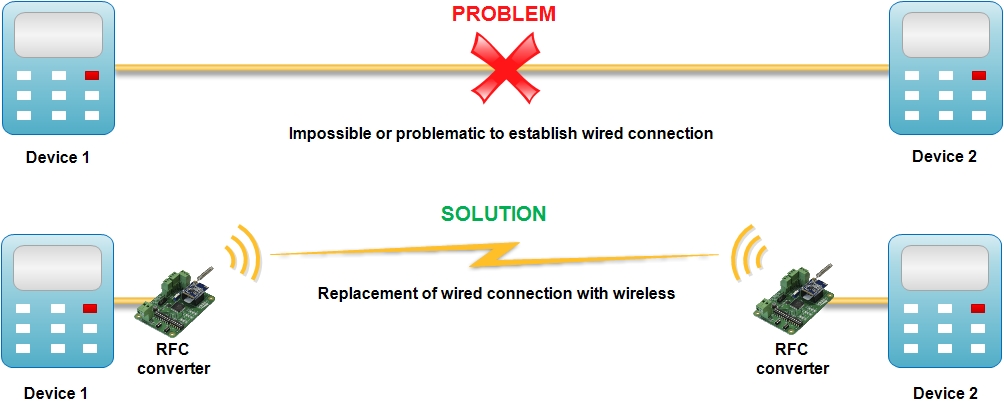
Wireless interface converter RFC for petrol stations is appointed for establishing of wireless communication between devices having interfaces RS-232 and RS-485. RFC converter does not bring any changes to exchanged data between devices, thus RFC converter is a complete analogue to wired cabling connection with the only exception of 35 ms delay at start of data transmission. Data is encrypted during transmission using keys (changing at each data packet transfer), which set the final user can program in the RFC converters at configuration.
Technical characteristics #
| PARAMETER | VALUE |
|---|---|
| Power supply voltage | 12 V DC |
| Current consumption | 900 mA max |
| Wired interfaces | RS-232, RS-485 |
| Temperature range | from -20°C to +60°C |
| Weight | 45 g |
| Overall dimensions | 85 x 58 x 30 mm |
Wireless communication parameters #
| PARAMETER | VALUE |
|---|---|
| Power supply voltage | 12 V DC |
| Transmission frequency | 433 MHz |
| Modulation type | GFSK |
| Output power | not more than 10 mW |
| Baud rate | 10000 bits/sec |
| Delay at transmission | 35 ms |
| Encryption at transmission | RTEA using user-configurable encryption table |
Wired interface communication parameters #
| PARAMETER | VALUE |
|---|---|
| Communication protocol | any |
| Baud rate | 1200 … 115200 |
| Data format | - 5 … 8 data bits
- 1 stop bit - odd/even/none parity control |
| Data length | any |
| Sign of data end | delay of more than 3.5 bytes |
Order information #
Ask YOUR questions about
"Wireless interface converter RFC"
Other products of section:
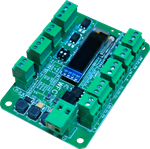
|
Wireless forecourt communicator WFC
Wireless forecourt communicator WFC allows communication with any brand of dispensers (fuel, LPG, CNG), tank probes and consoles, price poles in a wireless way without a need to put any cables. WFC has a rich set of electric interfaces on board (RS-485, RS-232, 2/3/4-wire current loops, voltage)
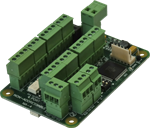
|
NA dispenser interface converter
NA interface converter (RS-485/RS-232 to non-addressable RS-422/RS-485/RS-232 and backwards) is intended for communication with fuel dispensers, which do not have a communication address in communication protocol and use one of the interfaces RS-422, RS-232 or RS-485 through interfaces:
